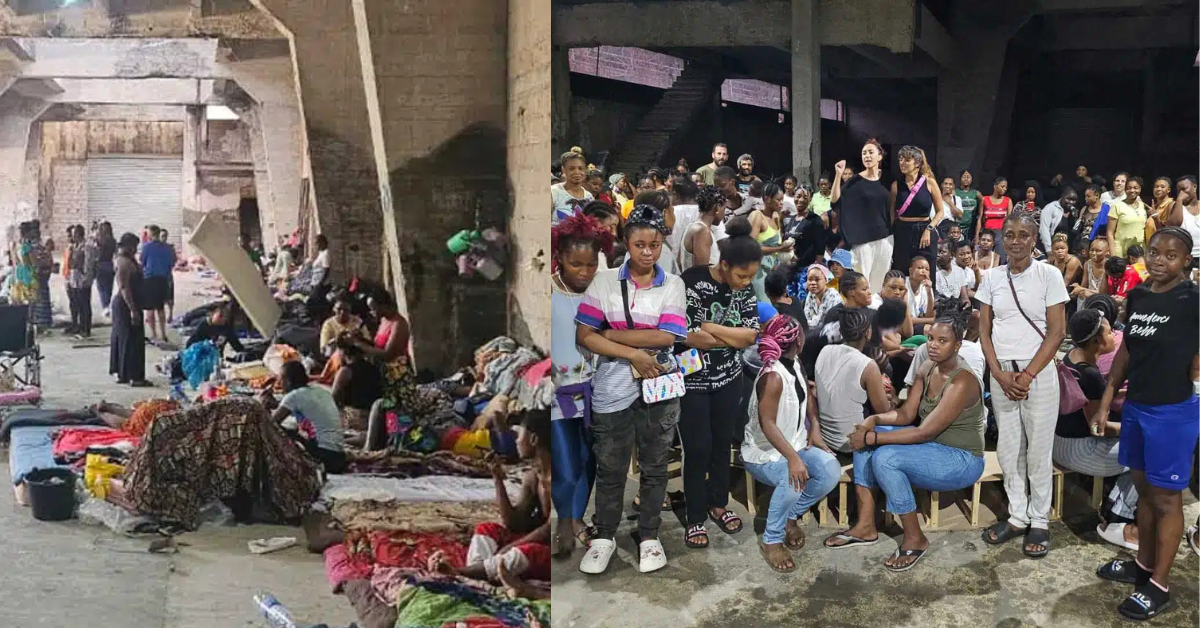As the conflict between Israel and Hezbollah escalates, Sierra Leonean migrant workers in Lebanon are caught in the crossfire, with many now stranded and displaced.
A 21-year-old Jariatu Koroma, along with her infant daughter, have sought refuge in makeshift shelters after fleeing heavy bombardments in southern Beirut.
Koroma, originally from Freetown, shared how Israeli airstrikes forced her onto the streets before finding temporary safety in a volunteer-run shelter. “We are grateful for the food, water, and nappies,” she said, as she pointed to the meager living conditions inside the dilapidated warehouse, which now hosts over 175 displaced Sierra Leoneans. Mattresses line the floor, surrounded by suitcases and donated supplies, offering a fragile sanctuary for those with no other options.
The war, ignited on September 23 after a year of rising tensions, has devastated large parts of Lebanon. Over 1 million people have been displaced, with the death toll exceeding 2,500. Among those affected are 17,500 migrant workers, including many Sierra Leoneans, who fled the violence but now find themselves stranded in a foreign land.
Koroma and others are eager to return home, but their plight is complicated by Lebanon’s controversial “kafala” system, which has long been criticized for fostering exploitation. Many migrants have had their passports confiscated and wages withheld by employers, leaving them trapped without the means to leave. “I want to return to my country,” Koroma said, her voice echoing the desperation of many women at the shelter.
Jaward Gbondema Bornea from the Sierra Leonean consulate in Beirut confirmed that many citizens are stranded, and efforts are being made to provide emergency travel documents. In collaboration with the International Organization for Migration (IOM), the consulate aims to repatriate the most vulnerable. The IOM has received 15,000 assistance requests from migrants, including 1,300 Sierra Leoneans.
Volunteer Dea Hage Chahine, who helps run the shelter, said they started with 60 women but now house nearly triple that number as the war worsens. “We’re working non-stop,” she said, emphasizing the growing need for medical and psychological support.
Among those desperate to return is 37-year-old Susan Baimda, who arrived at the shelter two weeks ago after fleeing the bombardment. She hasn’t seen her four children in Freetown since she left three years ago, staying connected only through video calls. “Let me go back to them,” she said. “We are tired of the fighting… we want to save our lives.”
As the conflict rages on, the future of these migrant workers remains uncertain. However, their determination to escape the war and reunite with their families in Sierra Leone remains strong.












[…] Source […]
[…] Source […]